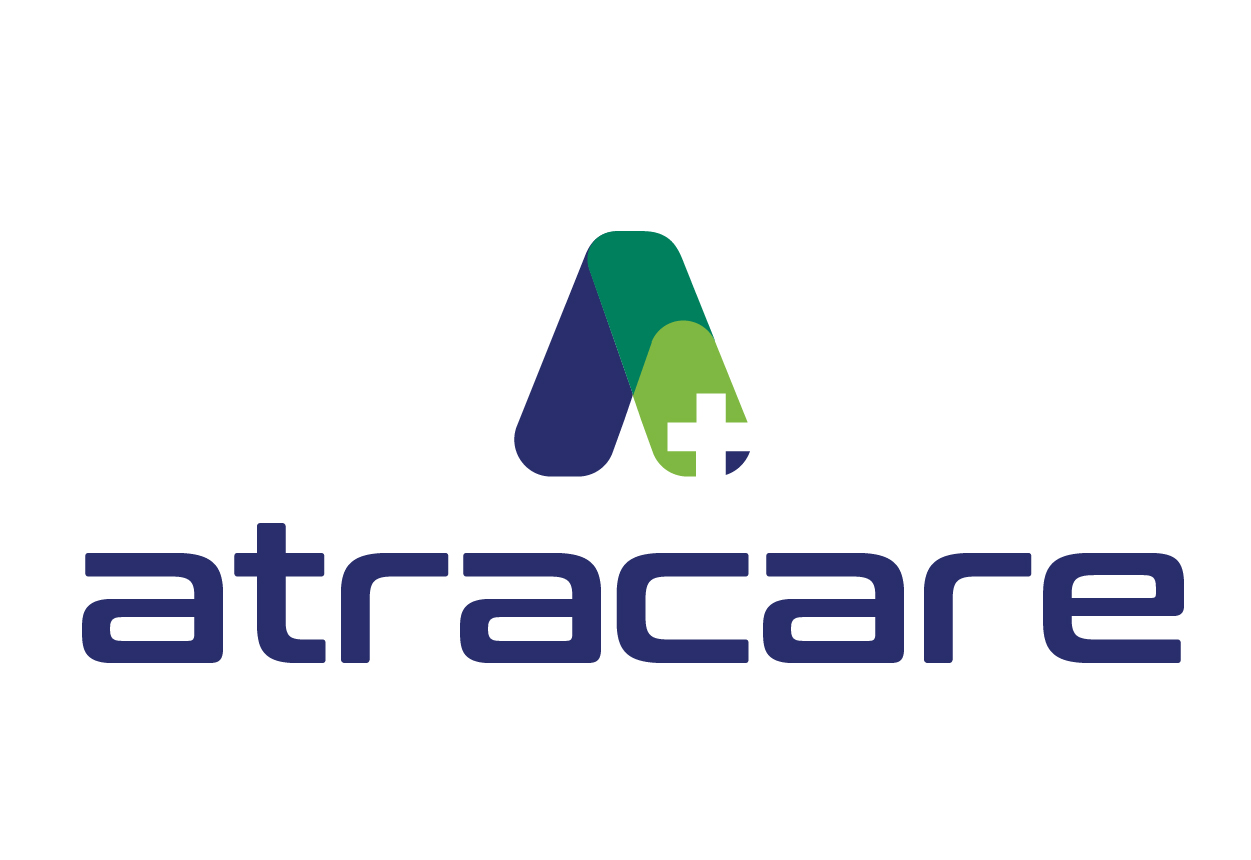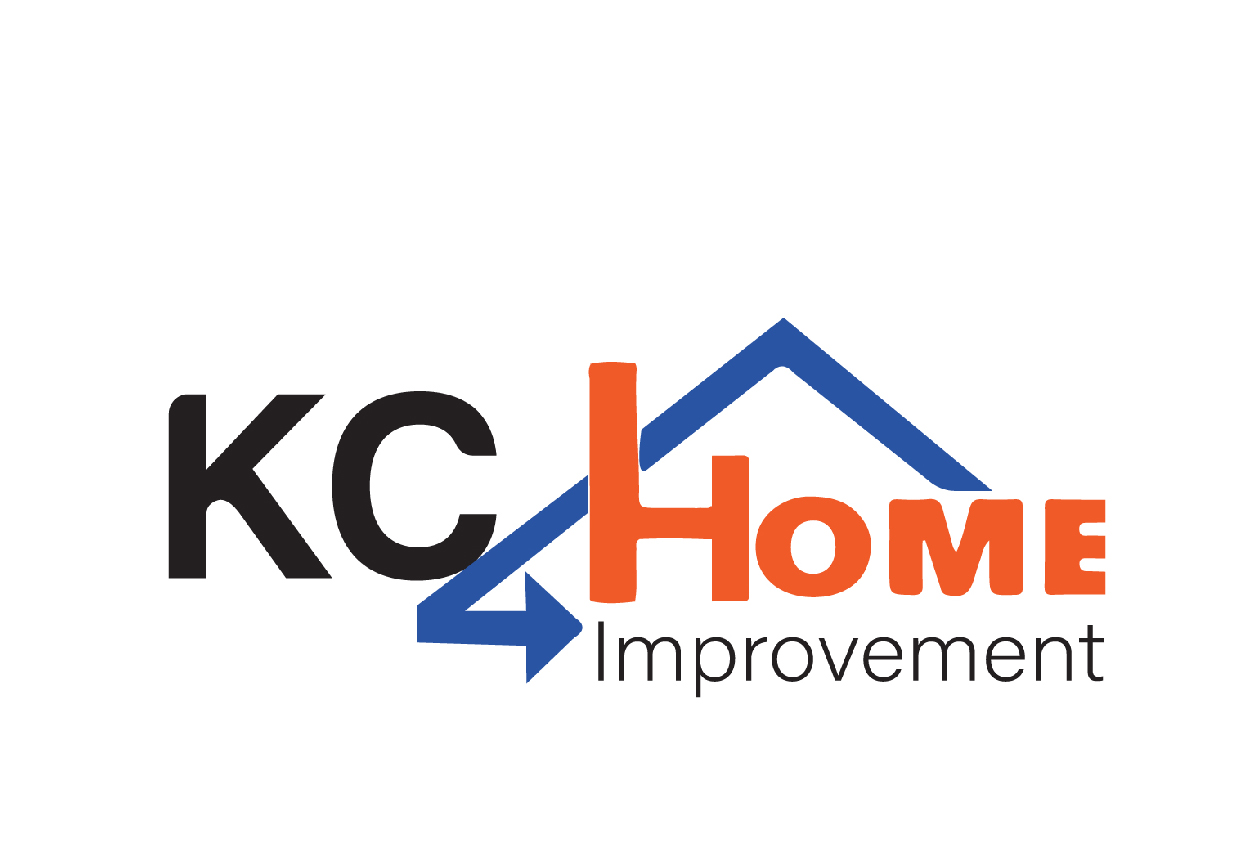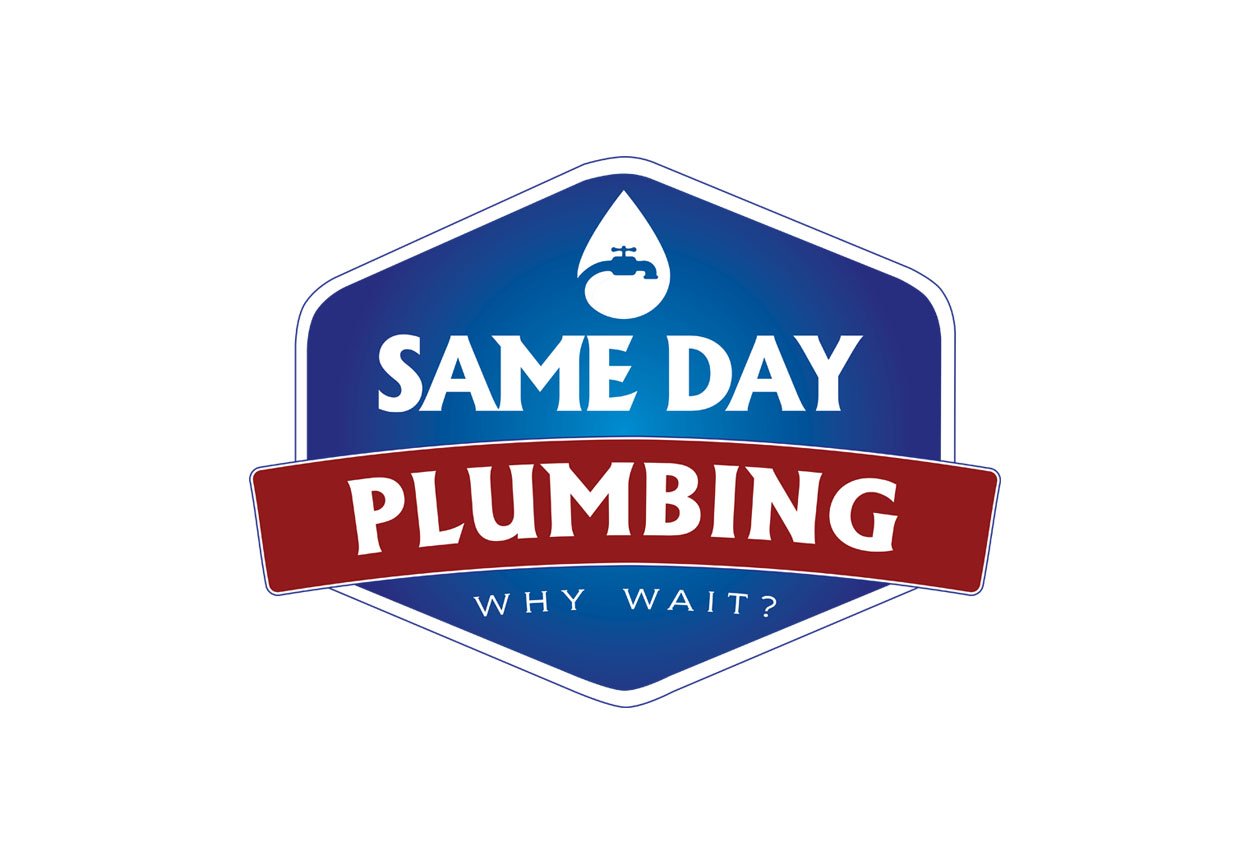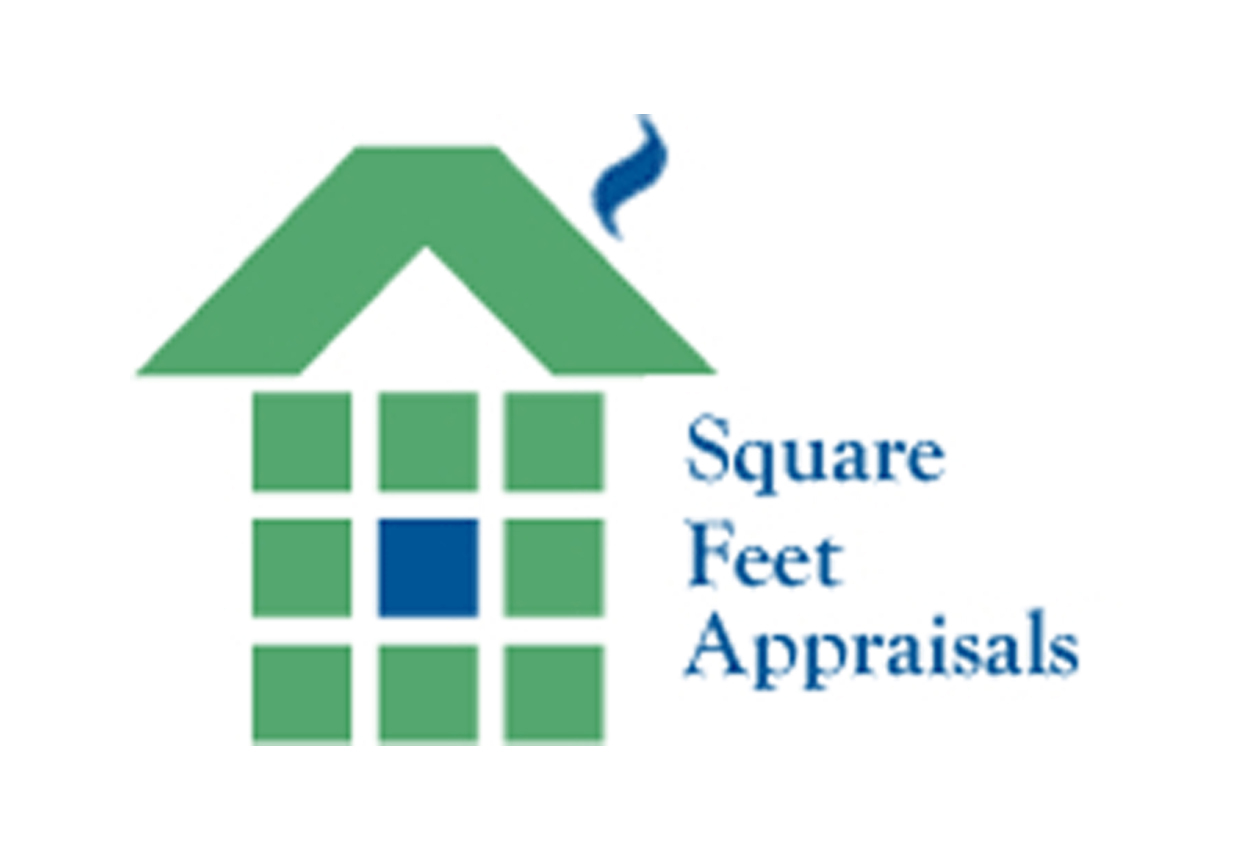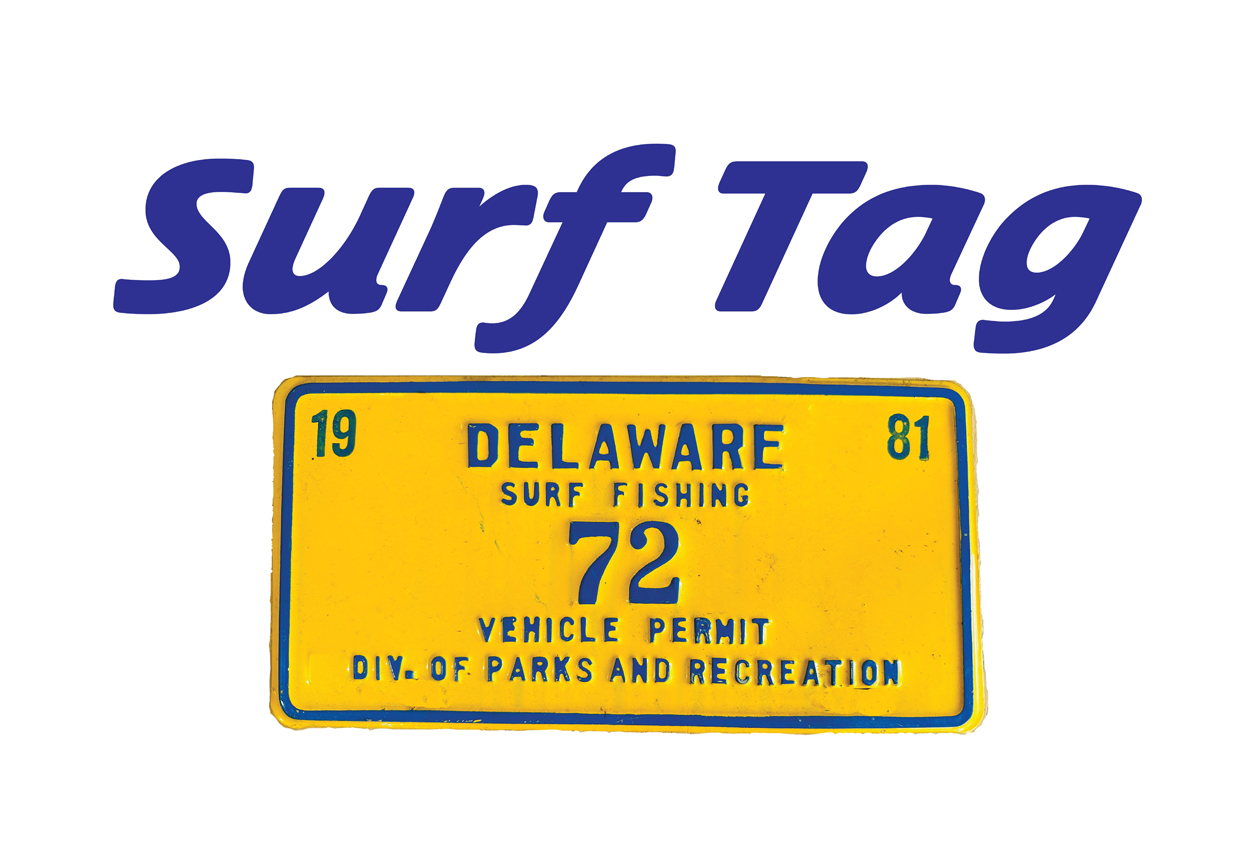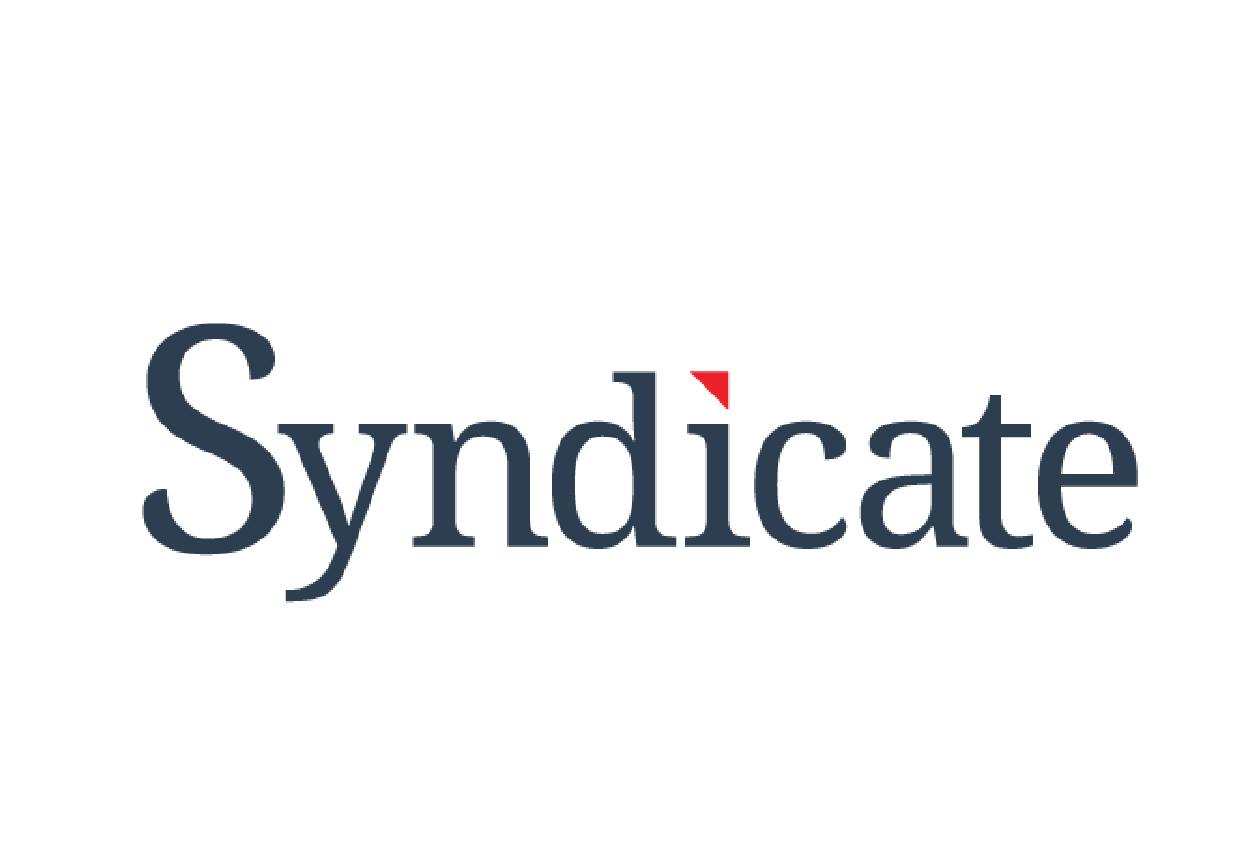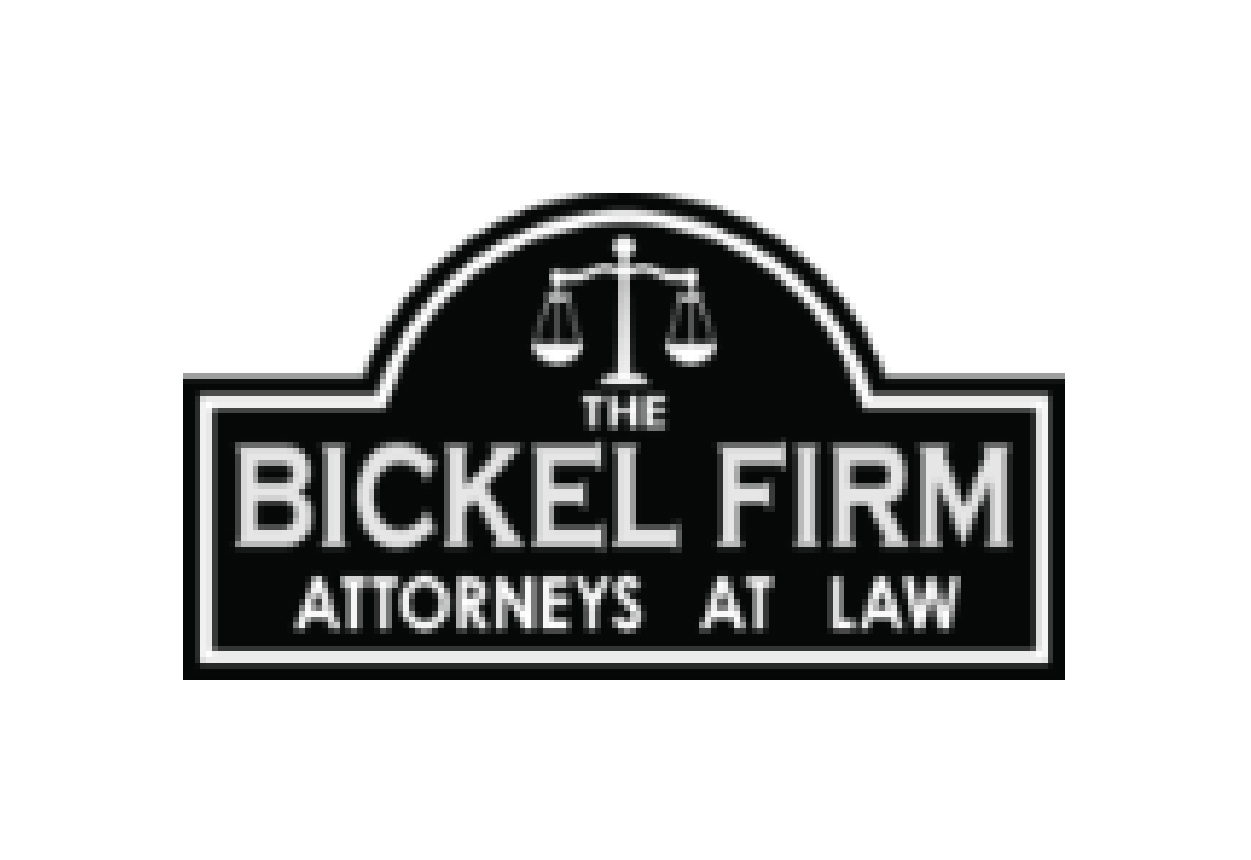One of the most important factors to consider when deciding where to live is taxes.
Taxes are unavoidable no matter where you move, but some states are more forgiving than others. In Delaware, residents love not having to pay sales tax when they are out shopping. Whether you love buying new shoes or want to save money each week on groceries, the price you see on the tag is the price you pay.
Property Taxes in Delaware
If you are a homeowner, you are required to pay annual taxes on your property. Property taxes in Delaware cost an average of 0.56% of your property value.
Frequently Asked Questions (FAQ)
Question: At what age do you stop paying property taxes in Delaware?
Answer: 65 Years Old
https://www.youtube.com/watch?v=N6EHqmWic8I
Income Tax in Delaware
Delaware does levy state income tax. You can expect to pay 0% – 6.6%.
Business Taxes
Delaware does not collect sales tax, but the top corporate tax rate is about 8.7%.
Though Delaware does not impose a state sales tax, it does impose a tax on the gross receipts of most businesses. Gross receipts are the total amount received from the sale of goods or services sold by the business.
Gross receipts tax rates range from 0.1037% to 2.0736%, depending on your business activity.
If you have employees you are required to withhold State of Delaware “withholding tax” for each employee and submit this to the Delaware Division of Revenue. To register as a withholding agent, complete Part B of the CRA form via OneStop.
Please access our Withholding Guide for more information.
Depending on your entity type, you may have an income tax return obligation as well. Sole Proprietors report business income on their individual tax returns. Partnerships report income on a partnership return. Corporations report income on a corporation return.
Gas and Cigarette Taxes
You can expect to pay at least 22 cents in tax per gallon for gas and diesel in Delaware. Currently, tax on cigarettes is a little over $2 a pack.
Here are some Frequently Asked Questions (FAQ) about Cigarette Taxes in Delaware:
Q. What is Delaware’s cigarette tax rate?
A. Effective September 1, 2017, the cigarette tax rate was raised to $2.10 for a standard pack of 20 cigarettes. This tax is paid by the cigarette wholesalers (affixing agents) and passed on to the consumer.
For the period August 1, 2007 to August 1, 2009, the tax rate on cigarettes was $1.15 per pack of 20 cigarettes.
For the period August 1 2009 to August 31, 2017, the tax rate on cigarettes was $1.60 per pack of 20 cigarettes.
Q. Who pays the cigarette tax?
A. The cigarette tax is paid by cigarette wholesalers (affixing agents) who are required to purchase tax stamps from the Division of Revenue, which they then apply to each pack of cigarettes. Cigarettes brought into Delaware that are not stamped with a Delaware cigarette tax stamp or stamped with another state’s tax stamp are untaxed and deemed contraband.
Q. What is Delaware’s ‘Vapor Product’ tax rate?
A. Effective 01/01/2018, Delaware is imposing a tax at the rate of 5 cents ($.05) per fluid milliliter of vapor product. Vapor product means any nicotine liquid solution or other material containing nicotine that is intended to be used with or in an electronic smoking device.
Q. What is Delaware’s ‘Other Tobacco Products’ tax rate?
A. Effective 09/01/2017, the other tobacco products tax rate is 30% of the wholesale purchase price of the tobacco. These products include cigars, snuff, chewing tobacco, etc. and do not bear a Delaware tax stamp. Exceptions to the ‘Other Tobacco Products’ tax rate include moist snuff (effective September 1, 2017 taxed at a rate of $0.92 per ounce) and vapor products (effective January 1, 2018 taxed at a rate of 5 cents ($.05) per fluid milliliter).
For the period January 1, 2008 to August 31, 2017, moist snuff was taxed at a rate of $0.54 per ounce.
For the period March 1, 1987 to August 31, 2017, the tax rate on other tobacco products was 15% of the wholesale purchase price.
Delaware Taxes on Retirees
If you are retired, moving to Delaware can be financially smart. Delaware does not impose a tax on Social Security benefits. This means you get to keep more of your monthly income as a retiree. If you are planning on leaving an inheritance to your children, that is also not taxed by the state.
Tax Exemptions for First-Time Homebuyers
If you want to buy a home in Delaware, you have to pay transfer taxes. The transfer tax rate on real estate sales in Delaware is 4%. Typically, this expense is split between the buyer and seller. If you are a first-time homebuyer, you may be exempt from paying transfer taxes in Delaware. It’s important to note that this exemption only works if your home costs less than $400,000.
Here are some Frequently Asked Questions (FAQ) about First-Time Home Buyer Tax Credit in Delaware:
Q. I bought my first house in the end of 2017. Am I entitled to a refund?
A. The first-time home buyer rate reduction is retroactive, so if your purchase of real estate was subject to the current State rate (2.5% or 3% depending on your municipality) when you bought your first home, you may qualify for a refund.
Q. How do I know if I qualify for the first-time home buyer credit?
A. If you have not yet purchased your home, the attorney handling the real estate closing will help you with the forms necessary to claim the credit at closing. If you have already purchased your home, you may qualify for a refund if (a) the real estate was purchased by one or more individuals (i.e., not by a corporation or LLC); (b) the individuals who purchased the home never owned residential real estate before this purchase; and (c) the individuals occupied or intend to occupy the home within 90 days after the date on which the purchase closed.
Q. I bought a house earlier this year – how do I compute my refund?
A. The Division of Revenue has developed Form 5405 which may be used to compute and request the refund to which you may be entitled.
Q. I’ve never owned a home, but my spouse has. Do we qualify for the first-time home buyer rate reduction?
A. Unfortunately, no. The law requires that every person who purchases the property must have never owned an interest in residential real estate in the past.
Q: Do I need to submit anything with my application for a refund?
A: Please provide a copy of the closing disclosure or closing statement that was provided to you at closing. The disclosure should reflect the state transfer taxes you paid at closing. If you do not have a copy, please contact the attorney who represented you at the closing.
Q. How long will it take the Division of Revenue to process my refund?
A. We anticipate that it will take 4-6 weeks for us to process your refund request and issue the refund.
This article was written in collaboration between Delaware Beaches Online and Aurora Homes.








